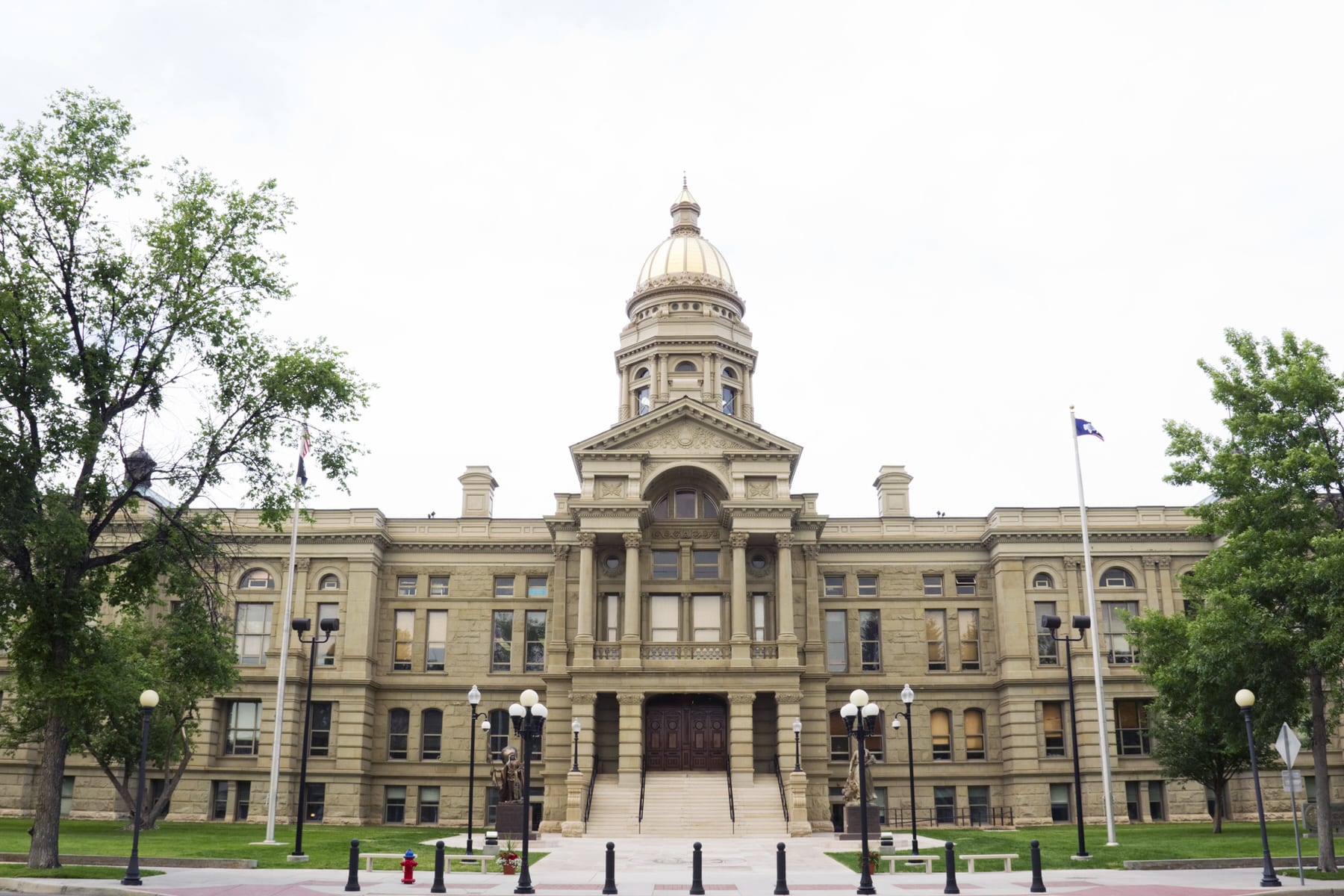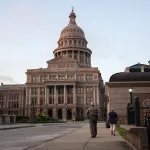Wyoming has filed eight anti-abortion bills this session, a record number in recent history for the state legislature. Experts cite changes in statehouse leadership as well as the conservative makeup of the U.S. Supreme Court for the surge in anti-abortion bills filed in the Wyoming statehouse.
Between 2011 and 2020, there were 21 restrictions and two abortion bans introduced in the state. Wyoming has only passed two abortion-related bills in the past 30 years.
Hearings in the state House were held Wednesday for four of the bills, and three others are awaiting hearings in the coming weeks. Some of the proposed restrictions include a mandated counseling session prior to having an abortion, a ban on abortion six weeks after pregnancy, and the elimination of funds for student’s health insurance to cover the procedure. Others would ban medications used for abortions and allow doctors the ability to question a patient’s reasoning for seeking out the procedure.
There has only been one other year in the past decade, 2017, with this type of legislative action in the first few months of a year in Wyoming toward abortion restriction bills, said Elizabeth Nash, a policy analyst at the Guttmacher Institute, a research and policy organization focused on reproductive health. Two of the 10 bills have never been filed in a previous session.
The only anti-abortion legislation Wyoming has passed in the last two decades was in 2017, requiring physicians to offer patients an ultrasound and the chance to listen to a heartbeat if there is one. The latest direct restrictions in effect today were filed before 1990. The three restrictions — filed between 1970 and 1990 — ultimately led to laws related to parental consent, limiting public funding and abortion approval in later stages only in cases of “life endangerment or severely compromised health,” according to the Guttmacher Institute.
Many in Wyoming already travel out of state to receive abortions due to limited access, the Guttmacher Institute noted. In 2017, 140 abortions were provided in Wyoming, while 330 abortions were provided to Wyoming residents who traveled to Colorado. Wyoming, the least populous state, has only two abortion clinics, and the average driving distance to reach them is 135 miles, according to the Guttmacher Institute.
Wyoming legislators did not have the bandwidth or the interest to tackle abortion heavily until this year, said Sharon Breitweiser, the executive director of NARAL Pro-Choice Wyoming.
“They would not make these bills a big priority,” Breitweiser said. “I think what has shifted is that the more extreme-right elements in the Republican Party seem to be holding sway.”
The Wyoming legislature has historically been one of the most Republican in the country. Abortion issues, however, never seemed to be a top priority. After the 2020 elections, the Republicans who used to vote against abortion restriction bills — most of them women — no longer held key leadership positions, Breitweiser said, adding that she believes the culture has shifted in such a way that the Wyoming legislature votes along party lines when it comes to bills related to abortion. Additionally, more moderate-leaning candidates were targeted in primaries with a push toward further-right candidates, Breitweiser said. This also comes as Wyoming elected openly anti-abortion Gov. Mark Gordon in 2019.
“We used to have people with a bit of a more libertarian bend … not what you’re seeing now with some people where that’s being used as kind of a cover for the more extreme points of view,” Breitweiser said. “We’ve had folks that really thought the government didn’t have a lot of business in people’s lives. … We also had people in leadership [saying], ‘We’ve just got a lot of other important issues we need to be spending our very short amount of time on.’”
For others, the bills do take precedence.
“Wyoming is a pro-life state, and that should extend to our state institutions,” said Marti Halverson, president of Right to Life Wyoming, who testified Wednesday in favor of the bill that limits funds for student’s health insurance to cover abortions, according to NBC affiliate KPVI-DT.
What is happening in Wyoming is emblematic of a national shift. Many state legislatures are seeing a wave of anti-abortion restriction bills and abortion bans being introduced.
“It says something when we’re seeing this in Wyoming, a place where we hadn’t seen this kind of attention on abortion,” Nash said. “It’s much more the kind of action you would see in Arkansas [or] Louisiana.”
Just this year, 384 anti-abortion laws have been introduced across 43 states.
In the first two months of this year, eight abortion restriction bills were enacted in the United States. Arkansas passed two restrictions, one requiring those seeking an abortion to call a hotline for specific pregnancy information and giving the state the ability to record that call for the patient’s medical record. South Carolina enacted a ban that would effectively prohibit abortions as early as six weeks of pregnancy, though the bill is now temporarily blocked in court. Ohio banned using telemedicine for medication abortion. Kentucky passed a law that would give the authority to the state’s attorney general to close abortion clinics. Along with South Dakota, Kentucky also enacted laws that would “penalize physicians for not taking medically unnecessary actions for a fetus.” If approved by voters in 2022, a bill in Kansas would change the state’s constitution to eliminate the right to have an abortion.
In 2017, five anti-abortion bills were enacted by the end of February, according to the Guttmacher Institute.
With the new makeup in the Supreme Court — including the confirmation of Justice Amy Coney Barrett that sealed a 6-3 conservative majority — an increasing number of states have taken up abortion restriction bills. Many of these restrictions directly violate Roe v. Wade, but legislators are motivated by the chance to elevate their bills to the federal level, Nash said, with hopes of waiting “for a different legal environment” that could reverse Roe altogether.
“Because before 2016, we didn’t see these kinds of abortion bans really get considered in state legislatures. They were much more on the fringe and much more on the afterthought,” Nash said.




